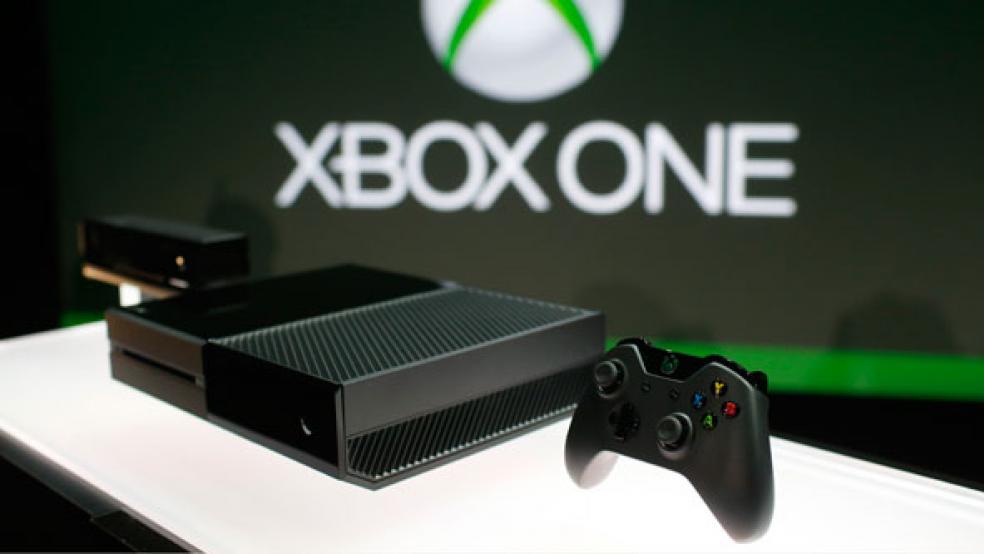It was with much fanfare and applause that Sony Computer Entertainment's CEO, Andrew House, announced at Tuesday’s E3 Expo that Sony's foray into the next generation of video game consoles would hit shelves this holiday season at $399, a hundred dollars cheaper than its Microsoft-made counterpart, the Xbox One.
For many, this was the kicker, the critical point with which Sony had clinched a hard-fought match. For many others, myself included, the fight had already been won.
The key issue for me and many other gamers wasn’t price but what the cost of the console and video games will buy. On this front, Microsoft's policy regarding game ownership disappointed. Under Microsoft’s plan, games will be licensed rather than owned, and the reselling, trading or sharing of games falls under restrictions decided by the publisher, a far cry from the age-old, black-and-white practice of handing over a Blu-Ray or a cartridge. In a market where used games sales still make up a healthy chunk of revenue this naturally caused something of a stir.
Sony knew this, and made the most of its opportunity. When SCEA's president and CEO, Jack Tretton, announced that Sony's new console would fully support the sale and trade of used games - and that the PS4 wouldn’t require gamers to go online at least once every 24 hours, as is the case with the One - there were more cheers and applause. Shortly afterwards, Sony's Shuhei Yoshida posted a tongue-in-cheek "Used Game Instructional Video" to the PlayStation's official YouTube page. The Internet exploded, tweeting and reposting with visible glee. Sony had won.
Even so, it's slightly disappointing that one of the most touted advantages of the next video-game generation is a feature that gamers have had since the Atari 2600 graced the mottled-brown shag carpets of the late '70s. It speaks in part to a shift toward an increasingly grey spectrum of media ownership, one which purports to make life easier for consumers but instead buries content beneath layers of cumbersome security measures and inconvenient distribution methods.
Neither of the big players in the console gaming market are strangers to DRM – the sometimes-intrusive protection schemes publishers attach to their media in a desperate attempt to keep pirates and other risks to their copyright at bay. Sony itself fell into the same trap some years ago, when it was revealed that Sony BMG's audio CDs were designed to stealthily install rootkits on user's computers when inserted.
However, it would seem that Sony has learned a lesson or two from its series of mistakes, while Microsoft is tumbling headfirst into the same Benny Hill-esque pratfalls. The way that the heavy opposition to the One's licensing policies has been largely ignored (or worse, blatantly mocked by some Microsoft employees) contributed to a PR disaster that overshadowed what was supposed to be a happy event.
It's early days yet, and the tides will almost certainly shift as the fight between the PS4 and the Xbox One continues. But for now the fickle denizens of the Internet seem set to vote with their wallets that, when it comes to owning games, the old ways are best. And that means the one console to buy isn’t the Xbox One.





